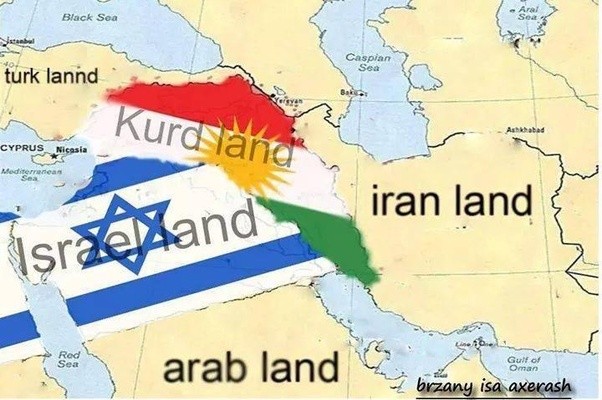Rigby5
Diamond Member
And there is no evidence of anyone being there before them.
Link?
{...
Key Points
- Nomadic Bedouin tribes dominated the Arabian Peninsula before the rise of Islam.
- Family groups called clans formed larger tribal units, which reinforced family cooperation in the difficult living conditions on the Arabian peninsula and protected its members against other tribes.
- The Bedouin tribes were nomadic pastoralists who relied on their herds of goats, sheep, and camels for meat, milk, cheese, blood, fur/wool, and other sustenance.
- The pre-Islamic Bedouins also hunted, served as bodyguards, escorted caravans, worked as mercenaries, and traded or raided to gain animals, women, gold, fabric, and other luxury items.
- Arab tribes begin to appear in the south Syrian deserts and southern Jordan around 200 CE, but spread from the central Arabian Peninsula after the rise of Islam in the 630s CE.
- Nabatean: an ancient Semitic people who inhabited northern Arabia and Southern Levant, ca. 37–100 CE.
- Bedouin: a predominantly desert-dwelling Arabian ethnic group traditionally divided into tribes or clans.
Pre-Islamic Arabia | Boundless World History
You will also notice from the Land of Canaan, that originally being nomadic, Arabs do not harm or prevent others from moving in, as the Canaanites allowed the Urites, Amorites, Chaldeans, Phoenicians, Philistines, Nabateans, etc., to peacefully settle into the Land of Canaan.





